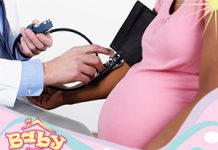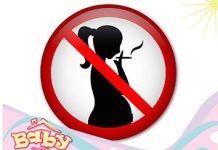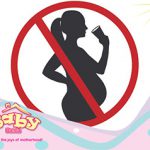What you eat during pregnancy is very important as it nourishes your little one. However, it is important to ensure that you take precautions to avoid eating food that may affect you or your little one. Bacteria that is passed on by contaminated food or poor food hygiene may have little or no symptoms to you, however, the infection may be transferred to your baby and can lead to miscarriage, stillbirth, premature birth or may make a newborn baby very ill.
To ensure safety, you can take the following precautions
- Avoid high-risk foods; these are mostly chilled, ready to eat foods.
- Avoid pre-prepared salads from supermarkets, restaurants, etc.
- Make sure ready to eat hot food is served steaming hot especially in restaurants.
- Eat only freshly cooked food however if leftovers are stored promptly they can be eaten within a day. Ensure that you cover and store food in a cool place.
- When you reheat food, make sure it is steaming hot throughout.
- Thoroughly cook raw food from animal sources (e.g. beef, pork and chicken).
- Thoroughly wash raw fruit and vegetables before eating.
- Store uncooked meats separate from vegetables and other foods.
- Wash and dry your hands before preparing food.
- Wash hands, knives and cutting boards after handling uncooked foods to avoid contaminating cooked or ready to eat foods.
- Avoid foods past their ‘best before’ date or ‘use by’ date.
- Unpasteurized milk or food made from unpasteurized milk e.g. raw goats milk.













